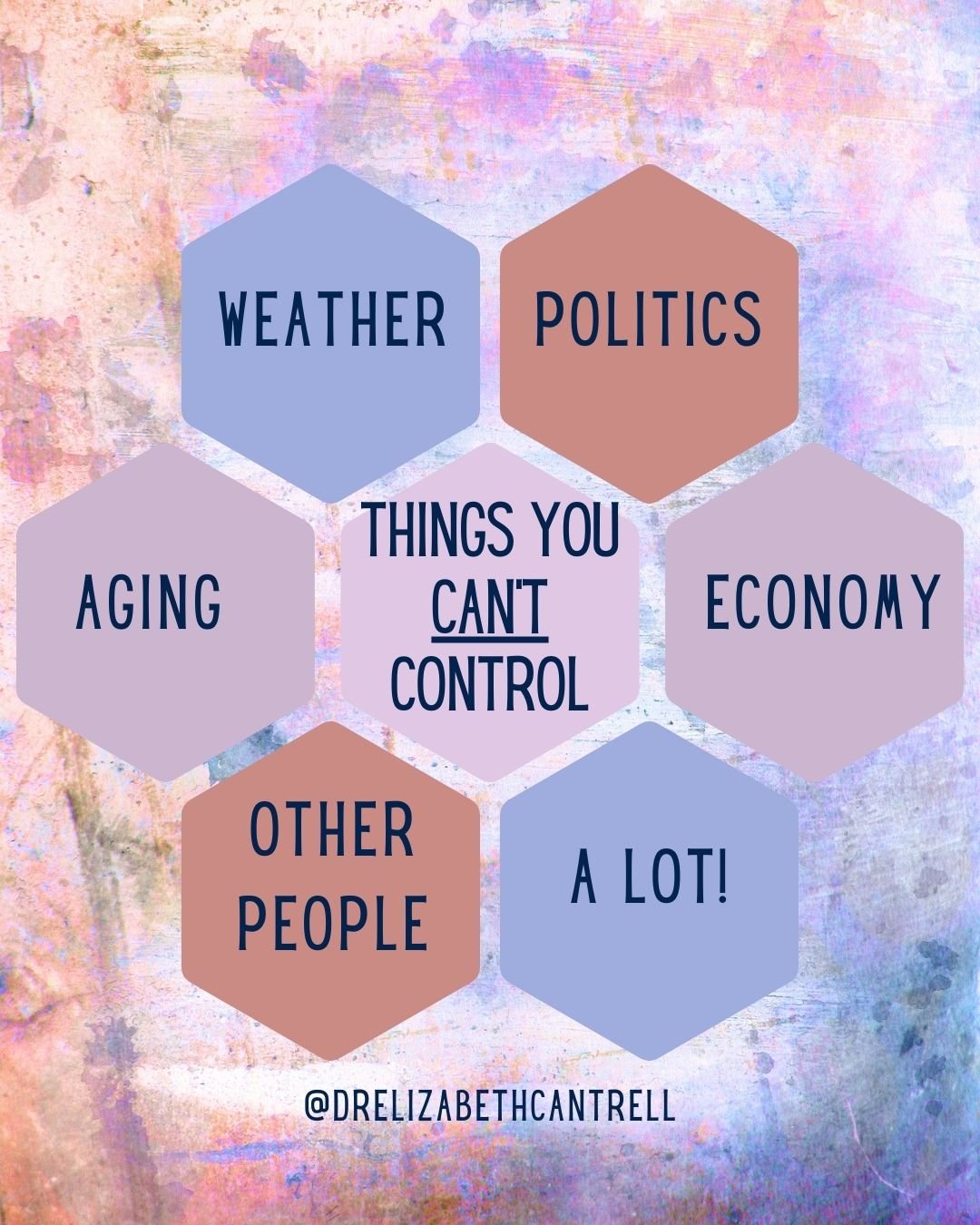Processed foods are engineered to be irresistible.
Chips, candy, and fast foods are convenient, cheap, and everywhere.
But they also create so many health problems 😩
👉🏽 Now a new study finds that with the right support, people can cut their intake of processed foods nearly in half—and experience big health benefits—in just 8 weeks.
Participants in this study received:
✔ Education about processed foods and their health effects
✔ Mindfulness strategies to cope with cravings
✔ One-on-one meal planning
✔ Support for improving their home food environment
✔ Financial assistance to buy healthier foods
The results were impressive:
✔ Processed food intake dropped by nearly 50%
✔ Daily calorie intake decreased by 600+ calories
✔ Sugar consumption fell by 50%
✔ Participants lost an average of 7.7 pounds
✔ Many reported better mood and energy
I love this study because it backs up strategies we’ve used with our clients for years.
You do NOT need to stay addicted to processed foods ❌
You CAN break the cycle and feel better ✅





